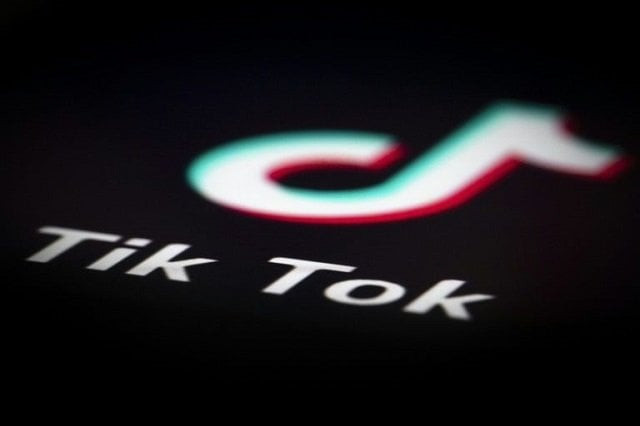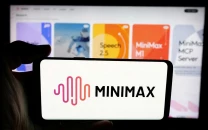PTA asks TikTok to immediately block vulgar content in Pakistan
Pakistan’s recently passed social media and digital laws have been widely criticised by rights activists

Pakistan Telecom Authority (PTA) has asked Chinese-owned social media app TikTok to clamp down on what it called "immoral, obscene and vulgar" content on the video-sharing platform.
Facebook accused of secretly watching Instagram users through cameras
PTA said in a statement that, the popular video-sharing platform has been asked to block objectionable content and to prevent the usage of its platform for disseminating such content.
Press Release: PTA has asked TikTok platform to immediately block vulgar, indecent, immoral, nude content for viewership in Pakistan.
— PTA (@PTAofficialpk) September 24, 2020
PTA has done so keeping in view the negative effects of indecent/immoral/nude content available on the platform. pic.twitter.com/qQ0LGawvlJ
“In addition, the platform has been directed to put in place an effective content monitoring and moderation mechanism to proactively remove indecent/immoral content failing which necessary action will be taken under the law,” the statement said.
In addition, the platform has been directed to put in place an effective content monitoring and moderation mechanism to proactively remove indecent/immoral content failing which necessary action will be taken under the law.
— PTA (@PTAofficialpk) September 24, 2020
TikTok has become a global sensation with its 15 to 60-second video clips and is hugely popular among young Pakistanis, with some users building up millions of followers.
How to find your lost Android phone using Google
In Pakistan, the app has been downloaded almost 39 million times and is the third-most downloaded app over the past year after WhatsApp and Facebook, according to analytics firm Sensor Tower.
In July, the PTA had issued a "final warning" to TikTok asking the app to sift vulgar content. PTA also banned the PlayerUnknown’s Battlegrounds (PUBG) platform after receiving complaints received that the game is addictive and has a negative impact on the physical and psychological health of the children.
YouTube was also issued a notice by PTA to effectively monitoring content so that the unlawful material is not accessible within Pakistan.
Pakistan’s recently passed social media and digital laws have been widely criticised by rights activists as being draconian because of the sweeping powers they give authorities.


















COMMENTS
Comments are moderated and generally will be posted if they are on-topic and not abusive.
For more information, please see our Comments FAQ